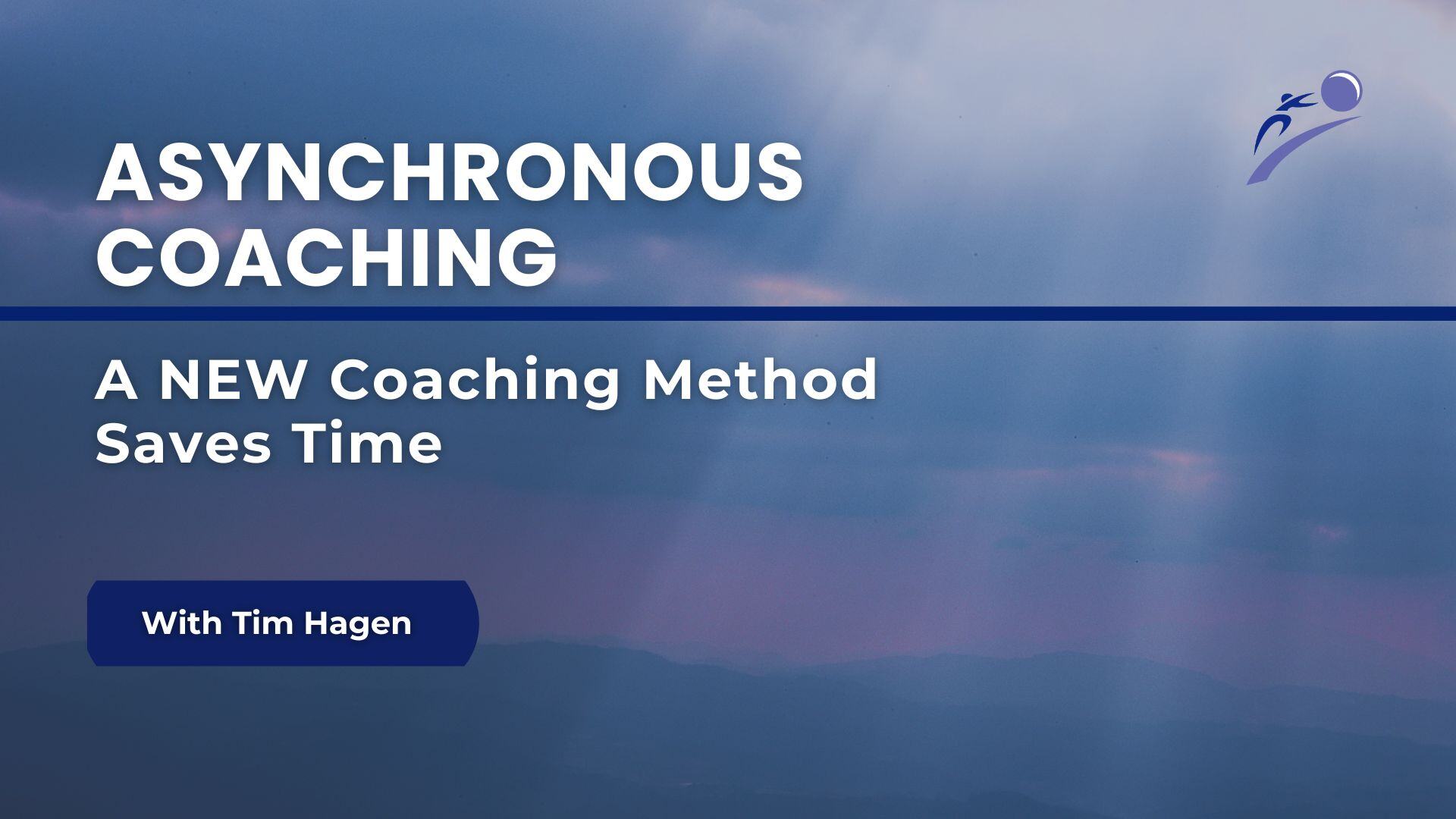 Nobody wants to sit through training sessions and listen to someone dragging out a lesson. They want the session to be short and engaging. While coaching should be continuous, the actual training sessions should be given in short bursts. Research shows that adults learn best independently and when the material comes in quick segments that do not take up much of their time. Not only should coaching sessions with employees be short, but training seminars should also be kept between two to four hours. Furthermore, at these seminars, it is important to keep participants active and engage so that their attention is not lost.
Nobody wants to sit through training sessions and listen to someone dragging out a lesson. They want the session to be short and engaging. While coaching should be continuous, the actual training sessions should be given in short bursts. Research shows that adults learn best independently and when the material comes in quick segments that do not take up much of their time. Not only should coaching sessions with employees be short, but training seminars should also be kept between two to four hours. Furthermore, at these seminars, it is important to keep participants active and engage so that their attention is not lost.
Managers can keep coaching short and engaged by using the thirty-second coaching method for training reinforcement. It is a direct, high-energy approach to building and sustaining change, and it is given in short, thirty-second bursts. Make sure to be specific to an employees needs and give positive feedback. Throughout the week, any other training sessions should only combine for two to three hours of any salespersons workday. This includes any self-directed learning, group coaching sessions or peer-to-peer meetings. Have employees write down what they accomplished during each segment. This will help reinforce their training, and it will give you an idea of how well performance is enhancing.
Check out this free Whitepaper on why you should start a coaching program in your company.






